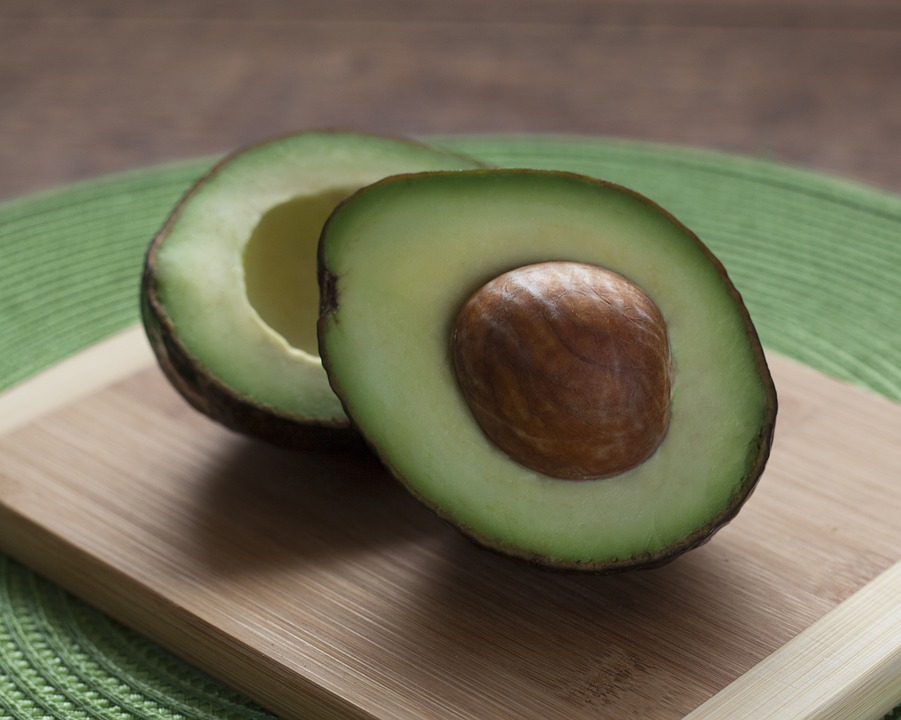
“After our group session I suggested the low fat trial but she was ‘no, no, no….I can’t take anything more out of my diet’. It was at the beginning of lockdown & she had other stressors as well. So I asked her to be mindful of her fat intake & if one meal was higher in fat then go low fat for the rest of the day. I saw her last week & she did this & guess what her diarrhoea has dramatically improved. She is not experiencing watery diarrhoea nor the sense of urgency nor leakage. Mostly 4, sometimes 5 on Bristol Stool. She’s now happy to trial low fat (<40g/d)”
This is the story of a 50-something female who has battled IBS-D for over 30 years. Along the way she has diligently sought the help of so many health professionals and tried numerous ‘tried and true’ IBS approaches, like FODMAPS minimisation, gluten minimisation, dairy minimisation & joy minimisation with hardly any minimisation of her symptoms! Why? Because her loose stools and urgency were BAD. A very particular form of bile acid dysregulation that is present in almost half of IBS-D patients and responds best to low fat intake, together with a few other tricks.
And with the corresponding slowed transit time, we now can more clearly see if there are additional actual food reactions at play – without all the background BAD confounding and now that her gut has time at last to actually correctly absorb things that she couldn’t before due to inadequate time in contact with digestive enzymes and absorptive surfaces.
Ahhhhh we love a great ending – especially one that reminds us the most powerful prescription is getting to the root cause such that we can empower patients 💪🧐 This patient and her practitioner inspired the recent Update in Under 30 on how we can all learn to recognise….
When is I.B.S. B.A.D?
This is not a trick question. Up to 50% of all patients diagnosed with IBS-D actually have bile acid diarrhoea (BAD) underpinning their digestive complaints as well as some patients with unresolving diarrhoea post-cholecystectomy and gastro. Knowing which ones do and how to manage this, which requires distinctly different approaches from our general management of IBS, is the key. As always, good lessons come from those we learn in the clinic and this story starts with a patient and how we came to recognise the BAD in her belly. Get this as a single download here.
